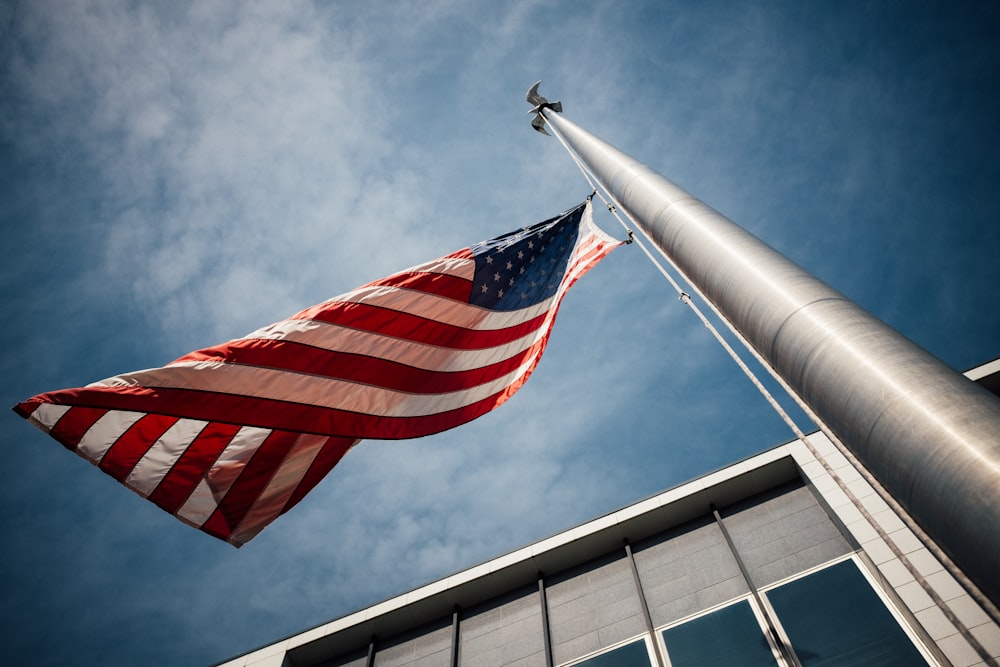
Our Key Goals
To inform and educate our members about public policy issues at the local, state, and national level which affect the real estate industry.
To represent our members and the housing industry with government decision makers by demonstrating the vital role that home ownership plays in the continued health and prosperity of our communities.
To provide prompt and reliable service to our members and the public by acting as an expert resource on policies affecting property rights, housing and real estate.